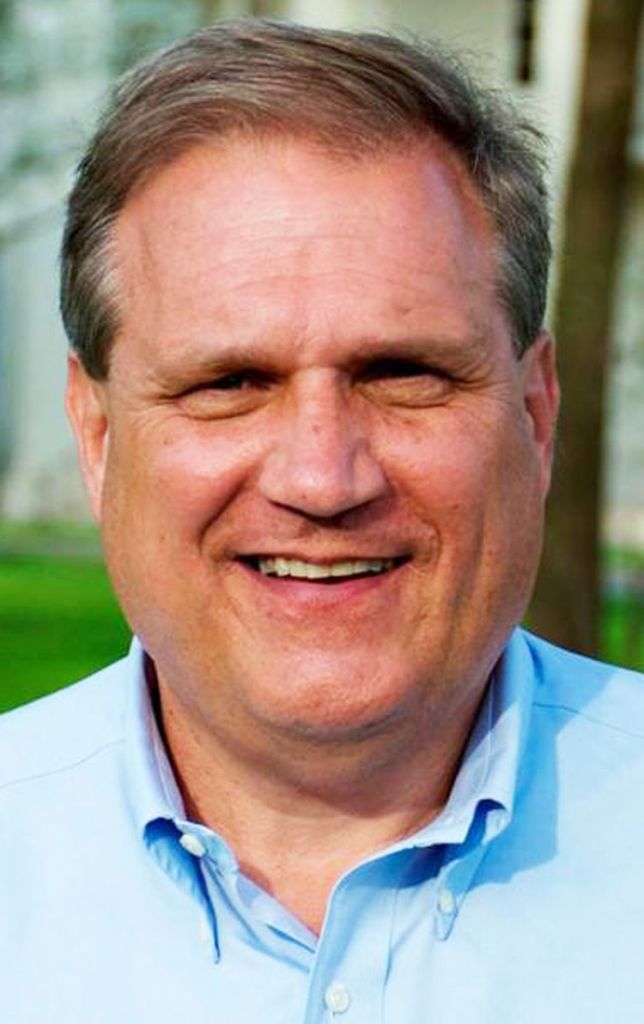Local lawmakers reflect on tumultuous session
Published 10:45 am Tuesday, June 4, 2019
The Alabama Legislature’s noisiest session in several years drew to a quiet close Friday, though the effects of what passed and what failed may be felt for years to come.
Two members of Limestone’s legislative delegation, State Rep. Danny Crawford, R-Athens, and State Sen. Tim Melson, R-Florence, said the regular session and the special session on the gas tax that preceded it presented numerous challenges to lawmakers.
“We did quite a bit of heavy lifting,” Melson said.
Both men are glad it’s over.
Crawford said his local bills and those he supported all passed. One bill concerned Limestone County’s ability to be able to retain solicitor fees from fines or tickets issued by municipalities in Limestone County. The other gives protection to church security teams in Limestone County in the event deadly force is used in the protection of church members. Previous attempts to pass a similar bill statewide have been unsuccessful.
“We couldn’t get much traction (with a state bill), but getting it through locally, I was surprised I didn’t have very much opposition,” he said.
It was Crawford’s fourth session since being elected to the House seat, and he described it as the hardest of the four with more long days than short ones. Of the 1,100 or so bills introduced by the Legislature, Crawford said at least 230 were passed. Of those that failed, the lottery bill was likely the biggest disappointment to Alabamians tired of crossing state lines to purchase a ticket.
“The Democrats bowed up and either wanted casinos in counties where they have dog tracks or wanted to expand Medicaid, and the majority party didn’t want either of those,” Crawford said. “We’ve got 20 Republicans who have never supported anything like a lottery.”
The bill’s failure means Alabama is one of only five states without a lottery. Crawford, who supports giving Alabamians a chance to vote on a lottery, said it could come up again this year in a special session to address the prison crisis. He said if Gov. Kay Ivey’s reason for calling the special session includes a funding mechanism, it’s possible a lottery bill could be put on the table.
Most of the outside attention on the session stemmed from a restrictive pro-life bill introduced by State Rep. Terri Collins, R-Decatur. Supporters of the bill hope the hard-line nature of the bill will force the U.S. Supreme Court to reconsider Roe v. Wade.
Melson said Republican lawmakers were heavily criticized but added the bill was introduced by a woman and signed by a female governor.
“Male lawmakers are not going to kill a woman’s bill on abortion,” he said.
When asked if the gas tax bill or the pro-life bill would have more impact on Alabama looking forward, Crawford and Melson both said the gas tax. The law, which goes into effect Sept. 1, will raise the state’s gasoline tax by 10 cents per gallon over the next three years. The tax would then be adjusted up or down with the National Highway Construction Cost Index and could increase up to a penny every two years.
“I hate it we’re going to have to pay more, but a county like Limestone will need infrastructure and we had to do it,” Melson said.
Crawford said the gas tax will not only enhance economic development efforts, but also quality of life for Limestone residents.
“There were so many roads in terrible shape in Limestone County,” he said. “Athens is in a tough spot with traffic and with growth coming.”
Another measure Melson believes could make a difference is the bill that will allow Alabamians to decide if they want the state school board to be elected or appointed by Ivey.
“I think we felt like we had to do something,” he said, noting Alabama’s academic struggles.
When asked if Alabamians risk losing representation on the state board if members are no longer elected, Melson said he’s not concerned.
“I’ve found most people don’t know who their board of education is currently,” he said. “If people don’t want it, they don’t have to vote for it.”






